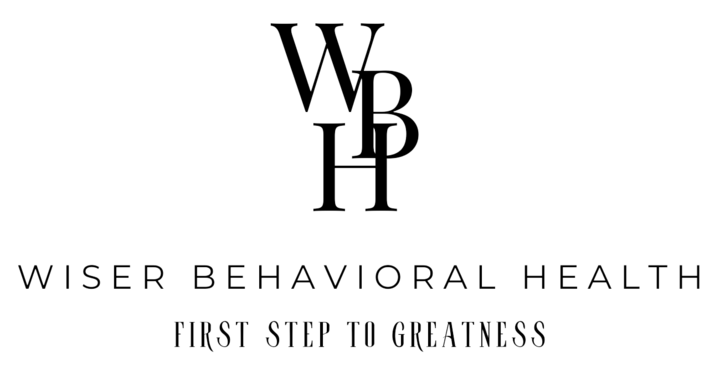Diagnosing bipolar disorder involves a detailed and comprehensive evaluation, primarily because its symptoms can often mimic or overlap with those of other mental health conditions. The process includes:
Clinical Interview: A thorough discussion about the patient’s history, symptoms, and behavior patterns. This could involve talking about mood swings, periods of depression, and episodes of mania or hypomania.
Medical Evaluation: To rule out any physical health issues that might be causing or contributing to the symptoms.
Psychiatric Assessment: A mental health professional may employ standardized assessment tools or questionnaires to understand the nature and severity of the symptoms.
Mood Charting: Keeping a daily record of moods, sleep patterns, and life events can help identify patterns in mood fluctuations.




